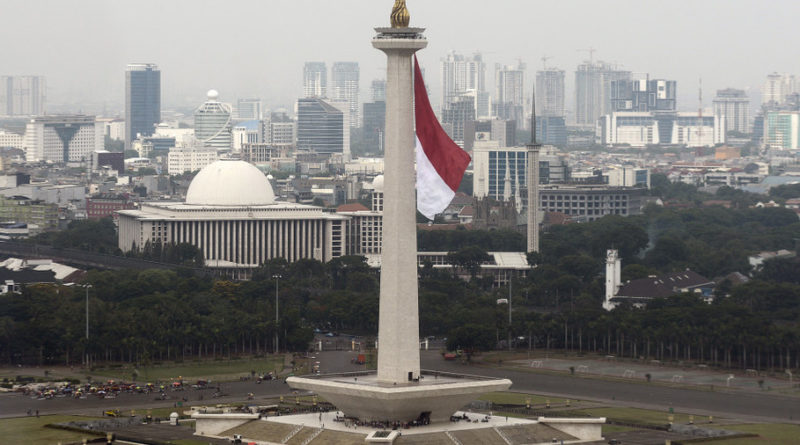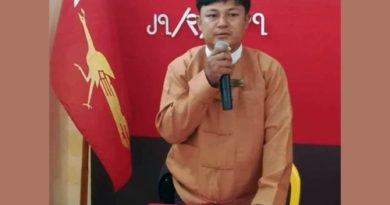OP-ED: Indonesia at a Crossroads | Editorial By Anthony Wonsono – Jakarta Globe
“Indonesia is at a crossroads,” was a cliché often heard in 2017. In a year filled with high-octane drama, from the trial of Jakarta’s former governor, Basuki “Ahok” Tjahaja Purnama, to the high-profile e-KTP corruption case involving House of Representatives Speaker Setya Novanto and other officials, the Indonesian people are left wondering what is in store for their country.
Such socio-political concerns, while understandable, are fortunately counteracted by strong and improving economic fundamentals that should propel Indonesia forward. In 2017, President Joko “Jokowi” Widodo’s administration achieved stable 5.1 percent gross domestic product growth. While this number in and of itself is not stunning, other figures are.
Indonesia jumped 19 places on the World Bank’s Ease of Doing Business Index for 2018, to 72 from 91. For the first time since the Asian Financial Crisis in the late 1990s, Indonesia’s sovereign bonds attained investment grade ratings from all three major credit rating agencies. The inflation rate was stable at an average of 3.88 percent between January and October, and it is projected to close the year on approximately 3.5 percent.
These statistics and others, including a stable current-account deficit of below 2 percent of GDP and a strengthening balance of payments, portray Indonesia’s stable economy.
Another trend that signifies the Jokowi administration’s commitment to long-term economic growth is progress on infrastructure spending. Officials have been quick to tout the 568 kilometers of toll roads that were completed during President Jokowi’s first three years in office – more than any president before him. Such progress is something that can make all Indonesians proud.
This strong foundation will be a boon for Indonesia, yet it is not enough to see the country fulfil its longstanding dream of becoming the economic powerhouse of the Association of Southeast Asian Nations (Asean). Regulatory uncertainty, bureaucratic inefficiency and lackluster education standards, among other concerns, remain structural obstacles President Jokowi and future leaders must strive to overcome.
Thankfully, the president says he will prioritize education over the next few years. If re-elected for a second term, he will focus on vocational training and specialized education.
While general and basic education are no less important, President Jokowi is banking on providing Indonesians with hard skills that equip them to work in specific sectors, and prepare them to succeed in the digital economy. Given Jokowi’s track record of coming through on key agendas, such as boosting infrastructure and cutting subsidies, there is optimism that he will deliver on his vision for education.
While economic growth this year has been stable at best, stagnant at worst, strong fundamentals and a focus on long-term growth should push Indonesia on a positive trajectory. Socio-politically, uncertainty still looms. During this past year, Indonesia – as did many other countries – witnessed a rise in inward-looking nationalism and the abrasive use of identity politics.
Elections over the next two years will test Indonesia’s mettle as a pluralistic, tolerant and open democracy. Expectations abound that race and religion will be wielded as political tools, as in this year’s Jakarta gubernatorial election.
Indonesia is indeed at a crossroads. Time will tell if Jokowi’s investment in long-term economic growth will pay off. Time will also tell if Indonesia as a nation will maintain its constitutional adherence to tolerance and remain loyal to the principle of Bhinneka Tunggal Ika, or Unity in Diversity.
Anthony Wonsono is the executive editor of BeritaSatu Media Holdings
JAKARTA GLOBE | By : Anthony Wonsono
<>
NOTE : All photographs, news, editorials, opinions, information, data, others have been taken from the Internet ..aseanews.net | [email protected] |
For comments, Email to :
D’Equalizer | [email protected] | Contributor









